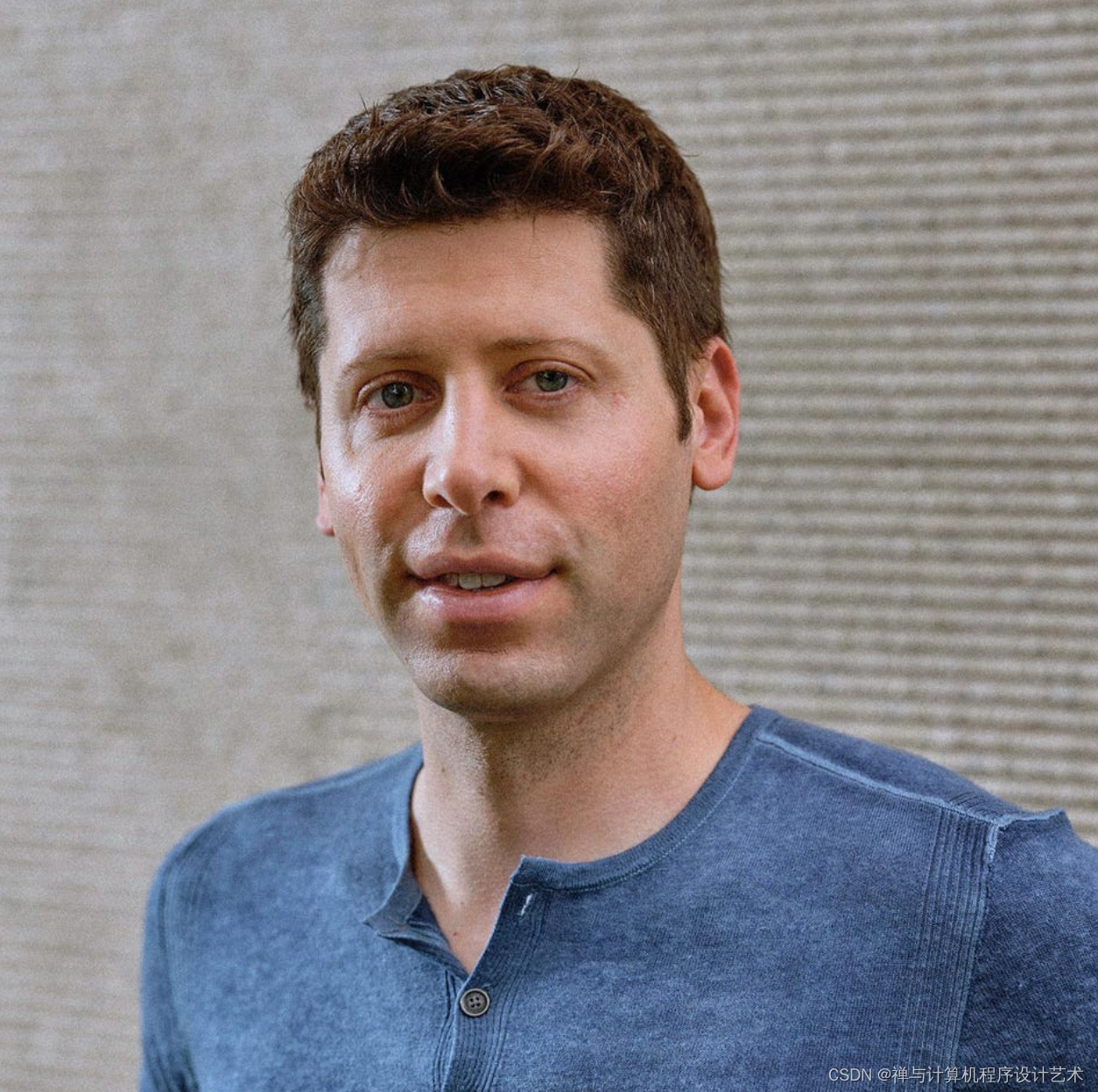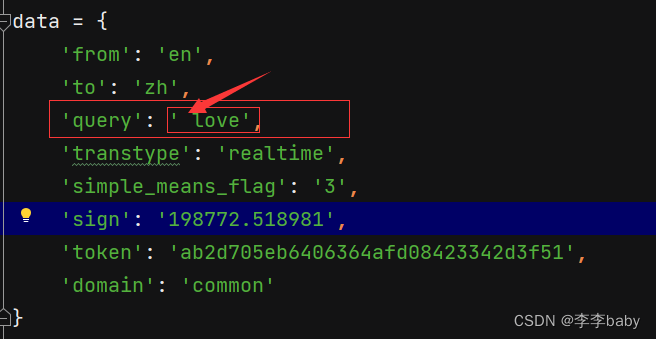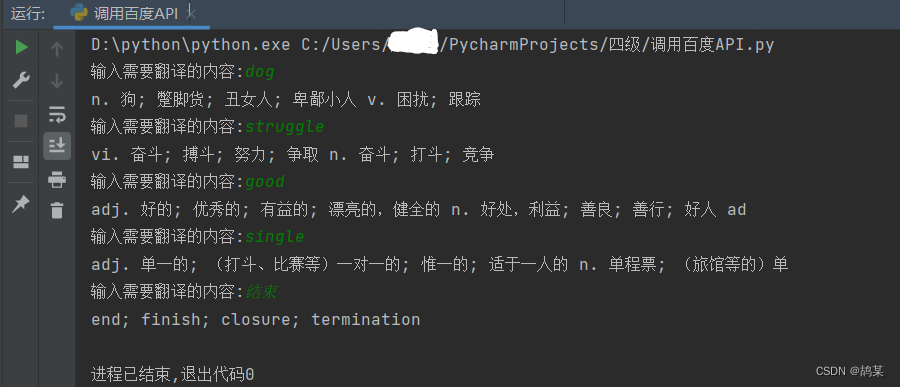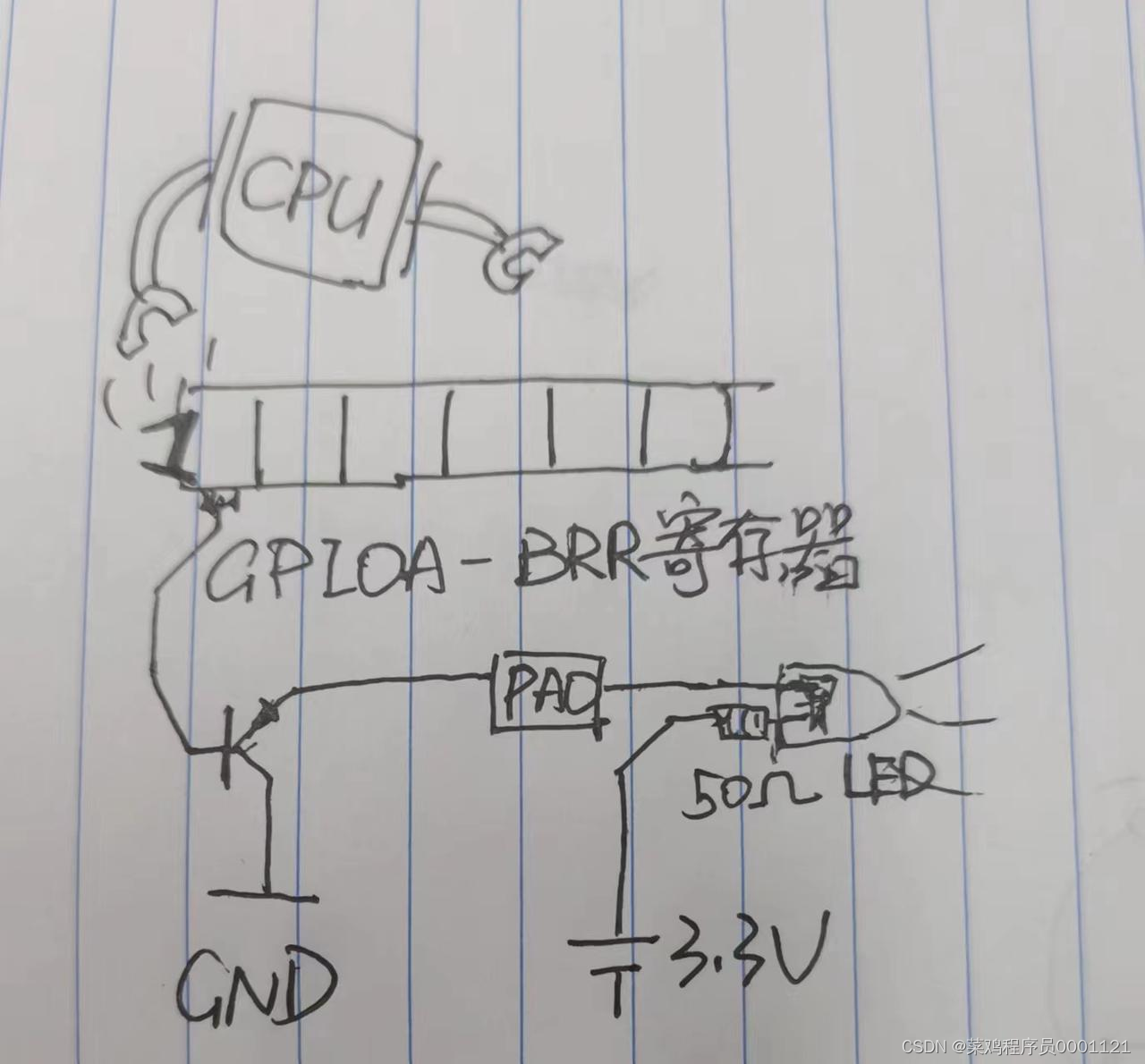
How To Invest In Startups 如何投资初创公司
There is a lot of advice about how to be a good startup founder. But there isn’t very much about how to be a good startup investor.
关于如何成为一名优秀的创业公司创始人,有很多建议。但是,关于如何成为一名优秀的创业投资者的内容并不多。
Before going any further, I should point out that this is a particularly hard time to invest in startups—it’s easier right now to be a capital-taker than a capital-giver. It seems that more people want to be investors than founders, and that there’s an apparent never-ending flow of capital looking for access to startups.
在进一步讨论之前,我应该指出,现在是投资初创企业的特别困难的时期——现在成为资本接受者比资本提供者更容易。似乎更多的人想成为投资者而不是创始人,而且显然有永无止境的资本流在寻找进入初创公司的机会。
The law of supply and demand has done its thing. Valuations have risen, and the best investment opportunities are flooded with interest. As a friend of mine recently observed, “it’s much easier to get LPs to give you money for your seed fund than it is to get a meaningful allocation in a ‘hot deal’”.
供求法则发挥了它的作用。估值已经上升,最好的投资机会充满了兴趣。正如我的一个朋友最近观察到的那样,“让 LP 为你的种子基金提供资金比在‘热门交易’中获得有意义的配置要容易得多”。
That said, to do well as an investor, you need to do three things: get access to good investment opportunities, make good decisions about what to invest in, and get the companies you want to invest in to choose you as an investor. That’s it! You can often help the companies you invest in become bigger than they otherwise would have been, but the sad reality is that your best investments will do quite well without you.
也就是说,要成为一名出色的投资者,您需要做三件事:
获得良好的投资机会,就投资项目做出正确的决定,以及让您想要投资的公司选择您作为投资者。就是这样!你通常可以帮助你投资的公司变得比其他公司更大,但可悲的现实是,没有你,你最好的投资也会做得很好。
Access 使用权
Getting access to investment opportunities is the easiest of the three categories: you can just work hard. It’s surprising that most investors don’t work hard, but it’s true, and a bug that you can exploit.
获得投资机会是三类中最简单的:你可以努力工作。令人惊讶的是,大多数投资者并不努力工作,但这是事实,也是一个你可以利用的漏洞。
Putting a lot of energy into networking actually works, as long as you aren’t just trying to touch base when people can find some time away from their crazy calendars to grab coffee. If you actually figure out how to help other investors you respect, and to really help good founders, then good investment opportunities will come your way.
将大量精力投入网络实际上是有效的,只要你不只是试图在人们可以从他们疯狂的日历中抽出时间喝杯咖啡时接触基地。如果你真的想出如何帮助你尊重的其他投资者,并真正帮助好的创始人,那么好的投资机会就会来到你身边。
If you’re starting out as a full-time investor, make it your full-time job to figure out how to help people that will become your future investment-sourcing network. Instead of just asking your contacts to tell you about investment opportunities, ask them if you can spend a day per week helping their best company. In general, early-stage investors can help a lot with closing candidates, future fundraising, customer introductions, and generic advice.
如果你刚开始是一名全职投资者,那就把帮助那些将成为你未来投资采购网络的人作为你的全职工作。不要只是让你的联系人告诉你投资机会,而是问他们你是否可以每周花一天时间帮助他们最好的公司。一般来说,早期投资者可以在关闭候选人、未来筹款、客户介绍和一般建议方面提供很多帮助。
A brand is the other way to get access. There are a lot of ways to build one, but by the same principle of working hard, a good example is to write long-form content (hard, few people do a good job at it) instead of tweeting (easy, everyone does a pretty good job at it).
品牌是获得访问权限的另一种方式。有很多方法可以构建一个,但是按照同样的努力工作原则,一个很好的例子是写长篇内容(很难,很少有人做得很好)而不是发推文(很容易,每个人都做做得很好)。
Decisions 决定
Great founders are the key to great startups. One way to do really well as a startup investor is to get good at predicting who is going to be great before they are—the market rewards finding great but inexperienced people. You can also do well by investing in people who are already proven, but the price of the shares you buy will reflect that.
伟大的创始人是伟大的创业公司的关键。作为创业投资人,要想做得好,一种方法是善于预测谁会成为伟大的人——市场会奖励寻找伟大但缺乏经验的人。你也可以通过投资于已经证明的人来做得很好,但你购买的股票价格会反映出这一点。
So how do you identify future greatness?
那么,您如何确定未来的伟大呢?
It’s easiest if you get to meet people in person, several times. If you meet someone three times in three months, and notice detectable improvement each time, pay attention to that. The rate of improvement is often more important than the current absolute ability (in particular, younger founders can sometimes improve extremely quickly).
如果你能亲自与人见面几次,这是最简单的。如果你在三个月内与某人见面三次,并且每次都注意到明显的改善,请注意这一点。提升的速度往往比当前的绝对能力更重要(尤其是年轻的创始人有时可以提升得非常快)。
The main question I ask myself when I meet a founder is if I’d work for that person. The second question I ask myself is if I can imagine them taking over their industry.
当我遇到一位创始人时,我问自己的主要问题是我是否愿意为那个人工作。我问自己的第二个问题是我是否可以想象他们接管他们的行业。
I look for founders who are scrappy and formidable at the same time (a rarer combination than it sounds); mission-oriented, obsessed with their companies, relentless, and determined; extremely smart (necessary but certainly not sufficient); decisive, fast-moving, and willful; courageous, high-conviction, and willing to be misunderstood; strong communicators and infectious evangelists; and capable of becoming tough and ambitious.
我寻找既斗志旺盛又令人敬畏的创始人(这种组合比听起来更罕见);以使命为导向,痴迷于他们的公司,不屈不挠,坚定不移;非常聪明(必要但肯定不够);果断、行动迅速、任性;勇敢,坚定信念,愿意被误解;强大的沟通者和感染力传道者;并且能够变得坚强和雄心勃勃。
Some of these characteristics seem to be easier to change than others; for example, I have noticed that people can become much tougher and more ambitious rapidly, but people tend to be either slow movers or fast movers and that seems harder to change. Being a fast mover is a big thing; a somewhat trivial example is that I have almost never made money investing in founders who do not respond quickly to important emails.
其中一些特征似乎比其他特征更容易改变;例如,我注意到人们可以迅速变得更加坚强和雄心勃勃,但人们往往要么行动缓慢,要么行动迅速,这似乎很难改变。快速行动是一件大事;一个有点微不足道的例子是,我几乎从来没有通过投资那些不能快速回复重要电子邮件的创始人赚钱。
Also, it sounds obvious, but the successful founders I’ve funded believe they are eventually certain to be successful.
此外,这听起来很明显,但我资助过的成功创始人相信他们最终一定会成功。
In addition to learning to predict who will become great founders, you have to be at least okay at predicting what markets will be good.
除了学习预测谁将成为伟大的创始人之外,你还必须至少能够预测哪些市场会是好的。
Startups are likely to happen in many more industries—startups can win wherever costs can be low and cycle time can be fast. Startups do particularly well in industries with rapid technological change, because their fundamental advantages over large competitors are speed and focus. A higher rate of change gives startups more opportunities to be right and the large competitor more opportunities to stumble.
初创公司可能会出现在更多行业中——只要成本低且周期时间快,初创公司就能获胜。初创公司在技术变革迅速的行业中表现尤其出色,因为它们相对于大型竞争对手的根本优势在于速度和专注度。更高的变化率使初创公司有更多机会成为正确的,而大型竞争对手有更多机会犯错。
Like the founder, and like a company, what you should care about is the growth rate and eventual size of a market (I don’t know why most investors are so obsessed with the current size of a market instead of how big they think it will be in ten years, but it’s an opportunity for you).
像创始人一样,像公司一样,你应该关心的是一个市场的增长率和最终的规模(我不知道为什么大多数投资者如此痴迷于一个市场的当前规模,而不是他们认为的有多大将在十年后,但这对你来说是一个机会)。
The best companies tend to have the courage to lead the market by a couple of years, but they know the secret for telling the difference between a real trend and a fake trend. For a real trend, even if there aren’t many users, they use the new platform a lot and love it. For example, although the iPhone was derided for not having many users in its first year or two, most people who had an iPhone raved about it in a way that they never did about previous smartphones.
最好的公司往往有勇气领先市场几年,但他们知道区分真趋势和假趋势的秘诀。对于真正的趋势,即使用户不多,他们也会大量使用新平台并喜欢它。例如,尽管 iPhone 在推出的第一年或两年内因没有多少用户而受到嘲笑,但大多数拥有 iPhone 的人都以一种他们从未对以前的智能手机做过的方式对它赞不绝口。
The very best companies tend to ride the wave of a new, important, and rapidly growing platform.
最优秀的公司往往会驾驭一个新的、重要的、快速发展的平台的浪潮。
The spectral signatures of the best companies I’ve invested in are remarkably similar. They usually have most of the following characteristics: compelling founders, a mission that attracts talented people into the startup’s orbit, a product so good that people spontaneously tell their friends about it, a rapidly growing market, a network effect and low marginal costs, the ability to grow fast, and a product that is either fundamentally new or 10x better than existing options.
我投资过的最好的公司的光谱特征非常相似。他们通常具有以下大部分特征:引人注目的创始人、吸引人才进入创业轨道的使命、产品非常好以至于人们会自发地向他们的朋友介绍它、快速增长的市场、网络效应和低边际成本,快速增长的能力,以及从根本上全新或比现有选项好 10 倍的产品。
You should try to limit yourself to opportunities that could be $10 billion companies if they work (which means they have, at least, a fast-growing market and some sort of pricing power). The power law is that powerful. This is easy to say and hard to do, and I’ve been guilty of violating the principle many times. But the data are clear—the failures don’t matter much, the small successes don’t matter much, and the giant returns are where everything happens.
你应该尽量将自己限制在可能是 100 亿美元公司的机会上(如果它们有效的话)(这意味着它们至少拥有快速增长的市场和某种定价权)。幂律就是这么强大。这个说起来容易做起来难,我也犯过很多次违背原则的错误。但数据很清楚——失败无关紧要,小成功无关紧要,巨大的回报才是一切发生的地方。
The central learning of my career so far has been that you can and should scale up things that are working. The power of scale, and the emergent behavior that sometimes comes from it, is tremendous. I think about the potential energy of future scale for every investment I make. Most people seem terrible at this, so it’s another bug you can exploit.
到目前为止,我的职业生涯的中心学习是,你可以而且应该扩大行之有效的事情。规模的力量,以及有时由此产生的突发行为,是巨大的。我做的每一笔投资,我都在思考未来规模的势能。大多数人在这方面似乎很糟糕,所以这是您可以利用的另一个错误。
Although good ideas are understandably seductive, for early-stage investing they are mostly valuable as a way to identify good founders. However, sometimes bad founders have good ideas too, and investing in them is the chronic investing mistake that has been hardest for me to correct. (My second biggest chronic mistake has been chasing investments primarily because other investors like them.)
尽管好的想法具有吸引力是可以理解的,但对于早期投资而言,它们作为识别优秀创始人的一种方式最有价值。然而,有时糟糕的创始人也有好主意,投资他们是我最难改正的长期投资错误。 (我的第二大长期错误是追逐投资,主要是因为其他投资者喜欢他们。)
Close rate 成交率
The better the investment opportunity is (i.e., expected value relative to valuation), the harder it usually is to get the company to choose you as an investor.
投资机会越好(即相对于估值的预期价值),通常就越难让公司选择你作为投资者。
Traditional sales tactics works pretty well here. Spend a lot of time with the founder, explain what you’re willing to do to help them, ask founders you’ve worked with in the past to call them, etc.
传统的销售策略在这里非常有效。花很多时间和创始人在一起,解释你愿意做什么来帮助他们,让你过去合作过的创始人给他们打电话,等等。
A reputation for being above-and-beyond helpful and accessible is worth a lot here, and rare among all but the best investors. A reputation for being founder-friendly helps too. What helps most of all is other founders you’ve previously invested in saying “that person was my best investor by far”.
乐于助人和平易近人的名声在这里价值不菲,而且除了最优秀的投资者之外,在所有人中都很少见。对创始人友好的声誉也有帮助。最有帮助的是你之前投资过的其他创始人说“那个人是我迄今为止最好的投资者”。
In addition to helping get access to investment opportunities, a strong brand also helps close them. It’s a nice tailwind if you can get yourself to the place where simply taking your money helps a company get taken more seriously.
除了帮助获得投资机会外,强大的品牌还有助于关闭这些机会。如果你能让自己达到这样的地步,只要花钱就能让公司得到更认真的对待,那将是一个很好的顺风。
Decisiveness also helps—everyone wants to be wanted, and most investors wait for someone else to act first. If you decide quickly, and especially if you decide before others do, founders tend to appreciate that. The two most recent significant investments I made were 1) telling people I’d previously backed and had huge conviction in that I would do their Series A before they finished telling me what their idea was, and 2) offering to do the seed round of founders I’d never met before at the end of a one hour meeting. I don’t recommend doing that very often, but when your conviction is strong, let it show.
果断也有帮助——每个人都想被人需要,大多数投资者都在等别人先行动。如果你决定很快,尤其是如果你比别人先做决定,创始人往往会欣赏这一点。我最近进行的两项重大投资是:1) 告诉人们我以前支持过并且坚信我会在他们告诉我他们的想法之前完成他们的 A 轮融资,以及 2) 提出进行种子轮融资在一个小时的会议结束时,我从未见过的创始人。我不建议经常这样做,但是当你的信念很强烈时,让它表现出来。
The best way to have a poor close rate is to not treat founders like peers. If you’re picking well, you should be investing in founders that you think of as your peers at least. Founders have a sixth sense for who is going to treat them like a peer and who is going to treat them like a boss. And if they’re good, they know you’re failing an intelligence test if you act like their boss.
关闭率低的最好方法是不要像对待同行一样对待创始人。如果你选得好,你应该至少投资于你认为是同行的创始人。创始人有第六感,知道谁会像同事一样对待他们,谁会像老板一样对待他们。如果他们很优秀,他们就会知道如果你表现得像他们的老板,你的智力测验就不会通过。
Help them 帮助他们
The most important way to help founders is to get them to be more ambitious—to think bigger and to have more self-belief. Help them set ambitious but achievable goals. Momentum is important and self-reinforcing—most people set goals that they expect to be just out of reach, which is usually demotivating. It’s better to continuously set goals that you can just barely hit.
帮助创始人的最重要方法是让他们更有野心——想得更远大,更有自信。帮助他们设定雄心勃勃但可以实现的目标。动力很重要,而且会自我强化——大多数人都会设定他们认为遥不可及的目标,这通常会让人失去动力。最好不断地设定你勉强能达到的目标。
The second most important thing to do is to give them specific, tactical advice (instead of general strategy) about how to achieve their goals. Good tactical advice is something like “it seems like you’ve figured out yourself how to do sales for this company, so here is where to look and what to look for in your first sales hire, and here is the sales tool you should use”.
第二重要的事情是向他们提供有关如何实现目标的具体战术建议(而不是一般策略)。好的战术建议类似于“看起来你自己已经弄明白了如何为这家公司做销售,所以这是在你的第一个销售人员中寻找的地方和寻找的东西,这是你应该使用的销售工具”。
There are a lot of specific things you can do to help—make introductions, help them hire, help them find other investors, help them find an office, etc.—but generally you should wait to do these until asked.
您可以做很多具体的事情来提供帮助——介绍、帮助他们招聘、帮助他们找到其他投资者、帮助他们找到办公室等等——但通常您应该等到被要求时才做这些事情。
A big exception is that you should proactively let them know when you have very high conviction that they’re about to make a big mistake, especially once things are working and they aren’t setting themselves up to scale.
一个很大的例外是,当你非常确信他们将要犯下大错误时,你应该主动让他们知道,尤其是当事情进展顺利并且他们没有准备好扩大规模时。
In theory, another big exception is actually helping founders come up with good new ideas. The first investor I ever watched in action was PG and so I assumed this was something all investors were fantastic at. But it turns out he is a sui generis idea generator, and even most great investors are usually still bad at telling founders what to work on. It’s worth trying to be self-aware.
理论上,另一个大例外实际上是帮助创始人想出好的新点子。我见过的第一个投资者是 PG,所以我认为这是所有投资者都非常擅长的事情。但事实证明,他是一个独特的创意创造者,即使是最伟大的投资者通常也不善于告诉创始人该做什么。尝试自我意识是值得的。
Finally, I’ve found that most of the time when founders call asking for vague help, what they are really asking for is emotional support from a friend. Invite them over to your house, make them tea or pour them a drink, and start listening to their struggles.
最后,我发现大多数时候当创始人打电话寻求模糊的帮助时,他们真正要求的是朋友的情感支持。邀请他们到你家,给他们泡茶或倒饮料,然后开始倾听他们的挣扎。
Thanks to Jack Altman, Max Altman, and Luke Miles for reviewing drafts of this.
感谢 Jack Altman、Max Altman 和 Luke Miles 审阅本文的草稿。














